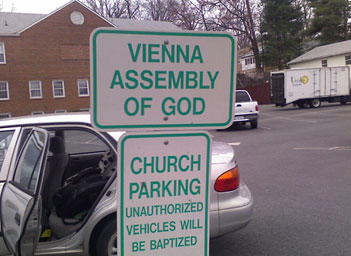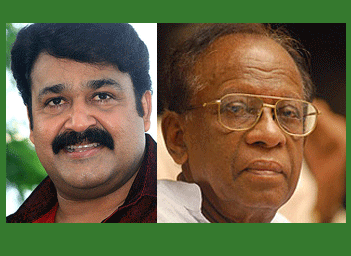“…if my people, who are called by my name, will humble themselves and pray and seek my face and turn from their wicked ways, then I will hear from heaven, and I will forgive their sin and will heal their land.” 2 Chronicles 7:14 (NIV).
WE are called to be His people. Why are we called? To do His will on earth. To the ones who are called by Him, God gives a special privilege. It is a wonderful privilege. They are called by ‘My Name’, says the Lord.
What does it mean to be called by His Name?
Tommy Davis, a Baptist preacher, explains it this way: “In biblical times, a name was more than just a personal means of identification. Names conveyed authority. They showed character and issued promise. They even displayed a certain fate and/or destiny. Human names carried a great meaning, but God’s name encompassed His whole identity. It expressed his power and his omnipresence. His name clearly defined His relationship to His people.”
So, it does not matter that we have Christian names. That we had been baptized in churches and that our forefathers were also Christians don’t matter with God. What matters most to Him is whether we are His or not. God says we are His people.
What does it mean to be called by His Name?
Making an affirmation of the purpose of a Christian life, Apostle Peter said in 1 Peter 2:9: “But you are a chosen people, a royal priesthood, a holy nation, a people belonging to God, that you may declare the praises of him who called you out of darkness into his wonderful light.”
To be called by God’s Name means that we are an elect people, chosen to spread His light around us.
Sadly, some of us are contented to be bystanders in Christian life. They don’t want to do anything for God; they don’t want to be seen either as for or against God. They are like the proverbial cat on the wall. Till it leaps no one can be sure which way the cat will go. Let me tell you a truth now: There cannot be any passive spectators in Christian faith. Either you are for Him or against Him. Either you make up your mind to spend the eternity with Him or get ready to spend the rest of your time in eternal damnation.
When God called Moses out for the ministry of a lifetime – to redeem Israelites from the Egyptian bondage – he used this phrase ‘my people’ twice. God took ownership of the people of Israel.
In Exodus 3:7, we read thus: ‘The LORD said, “I have indeed seen the misery of my people in Egypt. I have heard them crying out because of their slave drivers, and I am concerned about their suffering.”
Three verses down the line, God commissioned Moses for the ministry with these words: “So now, go. I am sending you to Pharaoh to bring my people the Israelites out of Egypt.” (Exodus 3:10).
Moses must have understood the significance of the phrase ‘my people.’ He did not want to meddle with that truth. He did not want to water down the message to the Pharaoh. He did not want to claim equal rights for the phrase with God. He was careful to quote God in direct speech at the Pharaoh’s palace.
Afterward Moses and Aaron went to Pharaoh and said, “This is what the LORD, the God of Israel, says: ‘Let my people go, so that they may hold a festival to me in the wilderness.’” (Exodus 5:1).
Today, if we were to take out only one thing out of this verse, let it be this truth: God calls us ‘My people.’ We are His. We don’t belong to ourselves. We don’t belong to somebody else. We belong to the Sovereign Lord – the very same God who created heaven and earth in the beginning. He is the same God who sent His only Son as a ransom for us. He is the same God who will come again to judge the earth.
The question that we need to ask ourselves today is this: Are we His?
To read more articles by the same author, click here.






















